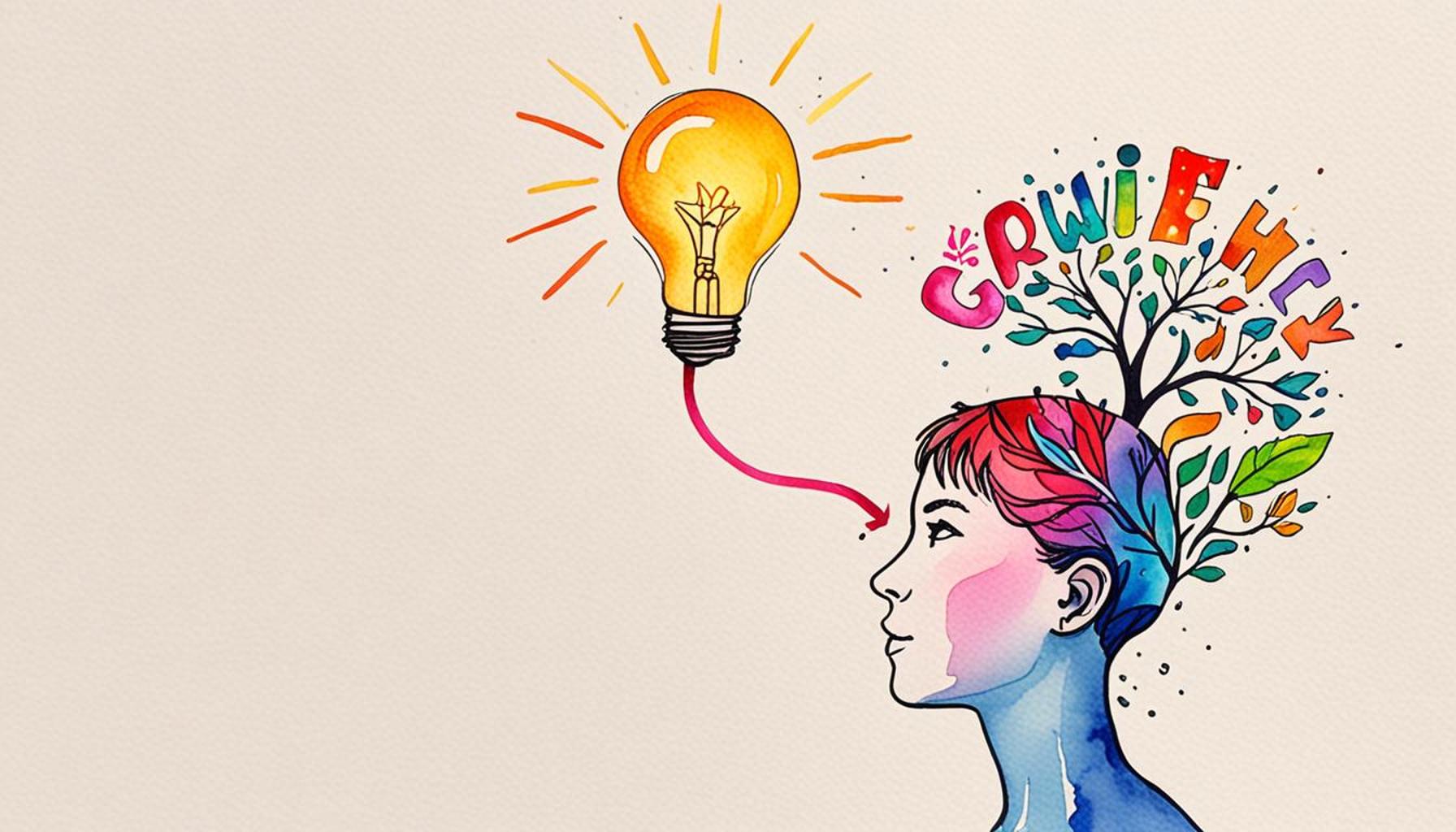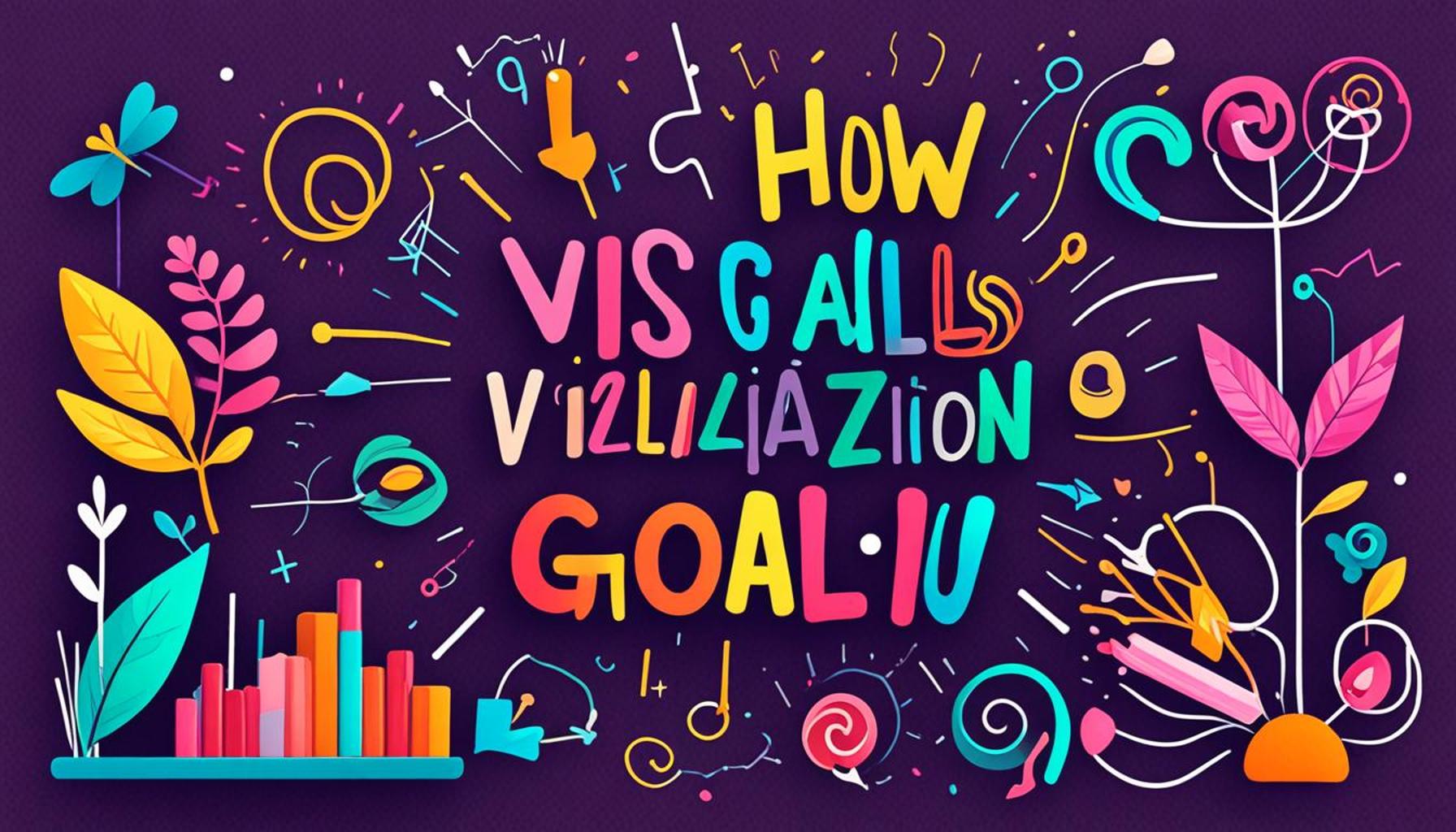How a Growth Mindset Can Reframe Goal Setting Approaches in Times of Crisis

Understanding Growth Mindset
In today’s world, where unpredictability seems to be the only constant, fostering a growth mindset can be a game-changer. This approach is not just about positivity; it’s about actively engaging with challenges and cultivating a willingness to learn. Individuals and businesses that adopt this mindset view setbacks as opportunities for growth rather than as insurmountable barriers. When faced with crises—be it economic downturns, health emergencies, or even personal hardships—the capacity to pivot, reassess goals, and innovate can lead to remarkable transformations.
Key Attributes of a Growth Mindset
Several defining characteristics distinguish a growth mindset from a fixed mindset. These include:
- Embracing challenges: Instead of avoiding difficult tasks, individuals with a growth mindset confront them head-on. For example, a small business in Nigeria may embrace the daunting challenge of expanding into new markets, seeing it as an opportunity to innovate and grow.
- Persistence: Setbacks are taken in stride. A classic illustration is the Nigerian entrepreneur who faces rejection from investors but persists by honing their pitch and learning from past mistakes, ultimately securing funding on a subsequent attempt.
- Learning from feedback: Feedback is not merely accepted; it is actively sought out. Nigerian tech startups often engage their customers for insights on product usability, using this feedback to refine their offerings significantly.
The Power of Adaptation
Take, for instance, the response of businesses during the COVID-19 pandemic in Nigeria. Many entrepreneurs faced unprecedented challenges as the world shifted towards digital. Those who adopted a growth mindset quickly pivoted to e-commerce platforms, introducing online ordering systems and home delivery services. Not only did they survive the crisis, but some businesses even reported increased sales and customer engagement, showcasing how flexibility and innovation can produce positive results in dire circumstances.
Reframing Goal-Setting Strategies
Understanding and integrating a growth mindset into goal-setting can significantly change how organizations and individuals approach their objectives. Instead of viewing goals as fixed endpoints, they can be seen as evolving targets that adapt based on new insights and conditions. For example, a young Nigerian graduate might initially aim for a corporate job but, upon realizing the demand for freelance digital skills, could pivot their focus to online freelancing. This adaptability not only enhances job prospects but can also lead to long-term career satisfaction and success.
Ultimately, the integration of a growth mindset into personal and professional planning encourages individuals and businesses to craft adaptive and pragmatic strategies. This transformative approach not only fosters resilience but also positions them to emerge stronger, thereby turning challenges into stepping stones for future success. Whether navigating economic turbulence or personal setbacks, a growth-oriented perspective is invaluable in cultivating a path forward.

ADDITIONAL INSIGHTS: Expand your understanding here
Navigating Crises with a Growth Mindset
In a climate of uncertainty, particularly where the socio-economic landscape can shift overnight, the ability to adapt becomes crucial. A growth mindset not only prepares individuals and organizations to face crises but also empowers them to reframe their approach to goal setting. When traditional routes and plans become obstructed, a growth-oriented viewpoint encourages revisiting and redefining objectives to better align with emerging realities. The fluid nature of goals in times of crisis stands in stark contrast to a fixed mindset, which rigidly clings to predetermined targets.
Transformative Goal Setting
For Nigerians, the expectation of stability can often clash with harsh economic realities. The influx of technological advancements and the necessity to pivot in response to changing market demands can contribute to a constant state of flux. In such environments, setting goals becomes a dynamic process rather than a static exercise. Below are some ways that adopting a growth mindset can transform goal-setting strategies:
- Flexibility: Instead of adhering strictly to original goals, individuals can recognize the need for flexibility. For example, a Nigerian fashion designer, initially aiming to launch a boutique, might realize that leveraging social media platforms for online sales is a more viable strategy during a health crisis.
- Incremental progress: Goals can be broken down into smaller, manageable steps, allowing for continuous evaluation and adjustment. A tech startup may set weekly innovation sprints to assess market feedback and adjust their product accordingly.
- Collaboration: Emphasizing teamwork can lead to diverse perspectives and innovative solutions. Nigerian small businesses often collaborate with local artisans to create unique products, rapidly responding to consumer demands while navigating unexpected challenges.
Understanding that goals can shift in response to new information is central to this approach. The oil crisis in Nigeria offers a vivid example: businesses focused on oil-dependent models had to quickly rethink their operations, often leading to diversification and the exploration of renewable energy opportunities. This shift did not represent failure; rather, it generated new avenues for growth and development.
Encouraging a Learning Culture
Furthermore, incorporating a growth mindset nurtures a culture of learning that transcends failures. Each setback presents a valuable lesson, and encouraging individuals to develop this perspective can foster resilience. For instance, many entrepreneurs in Nigeria invest in personal development resources and online courses during downtimes, enabling them to acquire new skills that can be applied when circumstances improve. This ability to learn and adapt not only enhances personal growth but also strengthens the overall business ecosystem, creating a more agile community capable of thriving despite adversity.
By approaching goal setting with a growth mindset, individuals and businesses in Nigeria can better position themselves to navigate crises effectively. This adaptability nurtures innovation, inspiring people to think outside conventional frameworks and thus creating a pathway for sustainable success.
| Category | Description |
|---|---|
| Adaptability | A growth mindset promotes flexibility in goal setting, essential during unforeseen challenges. |
| Resilience | Emphasizes resilience, highlighting the ability to learn from setbacks, thus refining goals effectively. |
| Innovative Strategies | Encourages exploring creative solutions and redefining priorities even in turbulent times. |
| Self-Reflection | Promotes deep self-reflection that allows individuals to reassess their strategies and focus areas. |
The concept of a growth mindset is vital when recalibrating one’s goals during a crisis. Emphasizing adaptability can lead to a more fluid approach to goal setting, enabling individuals to pivot quickly and efficiently as circumstances change. The notion of resilience plays a crucial role, allowing individuals to view failures not as endpoints but as opportunities to learn and grow. Additionally, a growth mindset fosters innovative strategies, pushing people to think outside the box. It becomes apparent that goal setting is not just about achieving but also about the journey, encouraging individuals to explore various pathways to reach a desired outcome. Regular self-reflection is essential as well; it allows goal setters to evaluate their progress, adjust their methods, and remain aligned with their changing realities. Embracing these elements can profoundly impact one’s approach to achieving goals against the backdrop of uncertainty and challenge.
RECOMMENDED: Check out this similar article
Harnessing Resilience Through Adaptive Strategies
In the face of challenges, particularly in a rapidly changing environment like Nigeria’s, resilience becomes a pivotal asset. A growth mindset equips individuals and businesses with the tools to not only endure crises but also leverage them as opportunities for growth. This proactive approach to goal setting is especially vital for a population accustomed to navigating economic turbulence and socio-political changes.
Redefining Success During Uncertainties
Traditionally, success might be measured by rigid benchmarks such as profit margins or market share. However, during a crisis, it is imperative to shift those definitions. A business focused on a growth mindset may redefine success to include adaptability and innovation in response to challenges. For example, Nigerian startups heavily reliant on in-person services have pivoted to offering virtual solutions, maintaining customer engagement through online platforms. Such adaptation not only meets current consumer needs but creates a redefined measure of success—one that accounts for creativity, agility, and resilience against external pressures.
Utilizing Data-Driven Decisions
Embracing a growth mindset also encourages data utilization for informed goal-setting. Nigerian businesses can employ analytics and insights to gauge consumer behavior shifts, allowing them to adjust their targets swiftly. For instance, during the COVID-19 pandemic, many retail brands in Nigeria implemented customer relationship management systems to track emerging buying patterns, leading to tailored marketing strategies. This not only optimizes their offerings but also integrates the customer experience into goal-setting, fostering loyalty and retention.
- Real-Time Feedback: Establishing mechanisms for real-time feedback helps businesses quickly adapt their goals. Companies such as Jumia utilized customer feedback to swiftly enhance their service delivery amidst evolving market conditions.
- Scenario Planning: By preparing for various outcomes through scenario planning, organizations can set more realistic and resilient goals. For instance, financial institutions are increasingly running simulations for potential economic downturns to shape their financial goals in response.
Building a Supportive Network
The importance of a supportive network cannot be overstated during uncertain times. With a growth mindset, individuals are more inclined to seek and offer support within their communities. Collaborations among local businesses, such as producer cooperatives in the agricultural sector, exemplify how shared knowledge can lead to innovative solutions. Farmers pooling resources for digital marketing of their produce display a commitment to mutual growth through combined efforts, directly addressing market access issues amplified by crises.
Furthermore, mentorship programs can flourish in such environments where experienced entrepreneurs share knowledge with emerging talent. Knowledge transfer fosters a culture of continuous improvement and adaptability, ensuring younger generations are better equipped to handle future disruptions.
As the landscape shifts and uncertainties loom, a growth mindset fosters a proactive approach to goal setting—one that allows for recalibration, learning, and collaboration. By focusing on resilience and adaptability, individuals and businesses in Nigeria can effectively navigate challenges while building a more sustainable future.
ADDITIONAL INSIGHTS: Expand your understanding here
Conclusion
In conclusion, the significance of adopting a growth mindset in times of crisis cannot be overstated. By transforming the way organizations and individuals approach goal setting, especially in the unique socio-economic landscape of Nigeria, opportunities for innovation and resilience emerge. Rather than succumbing to rigid definitions of success, this mindset encourages a fluid understanding of achievement driven by adaptability and creativity.
The ability to pivot strategies, leverage data for informed decision-making, and build supportive networks can lead to sustainable growth even in challenging times. For instance, as seen through various sectors, businesses that adeptly navigate shifting consumer behaviors—whether through digital engagement or collaborative efforts—exemplify the profound benefits of a growth-oriented approach.
Moreover, fostering a culture where mentorship and knowledge sharing are prevalent not only equips new generations with vital skills but also strengthens community ties that can weather future uncertainties. As Nigeria continues to evolve amid economic fluctuations and societal changes, embracing a growth mindset will be key to reframing traditional goal setting into a more dynamic and inclusive process.
In essence, the journey towards constructive goal setting in crises is fueled by resilience, creativity, and collaboration—principles central to a growth mindset. As individuals and businesses leverage these principles, not only do they stand a better chance of overcoming immediate challenges, but they also lay a strong foundation for a more sustainable and prosperous future.


